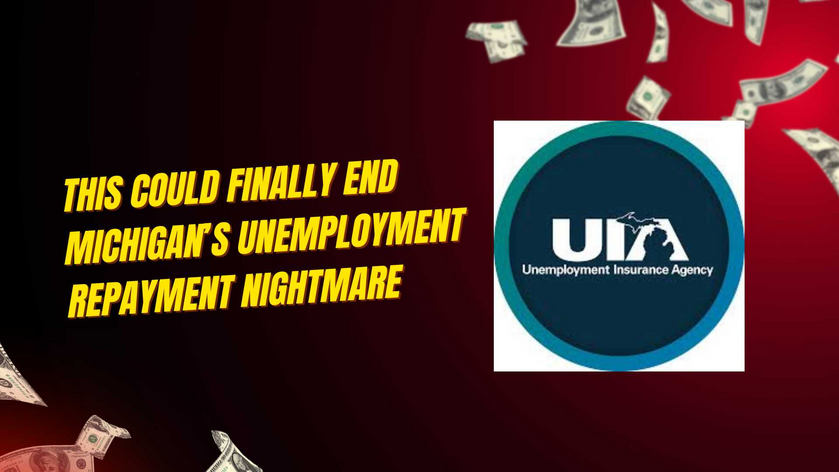LANSING, Mich. — Michigan lawmakers are weighing a proposal that could restrict how far back the state can seek repayment of unemployment benefits issued in error, a move that comes after years of confusion, lawsuits, and renewed collection notices.
Senate Bill 700, introduced in November, would prohibit the Michigan Unemployment Insurance Agency from recovering benefits more than three years after they were paid, unless fraud is proven. The legislation follows widespread frustration over the agency’s handling of pandemic-era claims and repayment demands.
Make sure you’re signed up for my free newsletter so you never miss a story. If you’re already subscribed, please consider becoming a paid supporter to help me keep doing real, independent journalism.
During the COVID-19 shutdowns, Michigan’s unemployment system struggled to process a surge of applications. Faulty fraud-detection algorithms falsely flagged tens of thousands of claimants and led to aggressive repayment efforts. A 2024 class-action settlement provided $55 million to people the state had wrongly accused of fraud, but some residents say the problem never ended.
Roy Hedges of Mid-Michigan said he received part of that settlement, only to be told this year that he still owed money.
“I thought this was finally over,” Hedges said. “Basically, they told me I had to sign back in to the unemployment system and see how much I owed again. I had just gotten my settlement back, and now they want me to pay $1,100. I don’t understand how I can be punished for getting it.”
Hedges said he spent years submitting documents, waiting for calls that never came, and watching others receive repayment demands of $20,000 or more. “This was chaos from the beginning,” he said. “I gave them all my tax returns and ID, but I’m still caught in limbo while some people walked away with money and never paid a dime.”
He described long call queues and weeks of silence from the agency. “You’re told to wait in a call queue, they promise to call you back, and then no one ever does,” Hedges said. “You can submit forms online, but then it’s just weeks or months of waiting. Meanwhile, they threaten to garnish wages or take it out of your taxes. It feels like a no-win situation.”
A Michigan woman now living in Florida shared a similar experience after receiving a repayment notice for benefits she said she never collected. “I did not get a dollar from Michigan pandemic money,” she said. “When the government shut down our state, I went right back to work when the restaurant reopened for takeout orders. I chose not to take unemployment.”
She said the letter contained no explanation or amount due. “They can find me in Florida, but they can’t get it right that I don’t owe any money,” she said. “Even if I wanted to pay them back, I wouldn’t know how much. There wasn’t even a number on my letter.”
The Michigan UIA has resumed collections on roughly $2.7 billion in pandemic-era overpayments, affecting about 350,000 people. Agency officials say the effort is legally required to protect the state’s unemployment trust fund, though claimants can request hardship waivers.
If passed, Senate Bill 700 would impose a strict three-year limit on those recoveries, giving residents like Hedges and others a possible end to years of uncertainty. Lawmakers have not yet scheduled a vote.




















